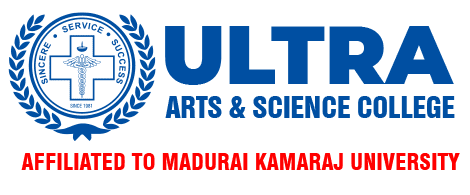

B.Sc. Microbiology syllabus is divided into a total of 6 semesters since it is commonly offered as
a three-year bachelor’s degree program. BSc Microbiology subjects range from morphology,
metabolism, taxonomy, culture techniques, microbial genetics, immunology, bacteriology,
virology, mycology, parasitology, and diseases.
At the end of this three year course, a candidate will have a thorough understanding on the basic
concepts of Microbiology and its applications in the various fields of science and technology.
Through the knowledge and hands-on experience imparted during the practical subjects, the
candidate will get conveniently placed in the diagnostics, production and R&D units of various
hospitals and industries respectively. This course will also lay a strong foundation to build the
individual research caliber in the aspirants of Bachelor of Science in Microbiology.
Pass in 10+2 (or) Equivalent
The field of microbiology is critical to human beings not only due to the infectious diseases caused by these microbes but because “good” microorganisms are necessary for us to live on the planet. Considering that the bacteria in and on our bodies outnumber our own cells, this field of study could be considered one of the most important areas of knowledge and study. Vision of Microbiology Department is to inculcate the basic and advanced concepts of Microbiology including taxonomy, physiology, Immunology, biomolecule interactions, genomics, proteomics and rDNA technology; To impart the scope for the application of concepts learned in the subject; To introduce about the recent advances in the field of Microbiology and its importance in research.
There are numerous short-term and postgraduate level courses after B. Sc Microbiology that graduates can pursue. Here are the most popular courses after B. Sc Microbiology:
The microbiology laboratory is equipped with following Instruments.